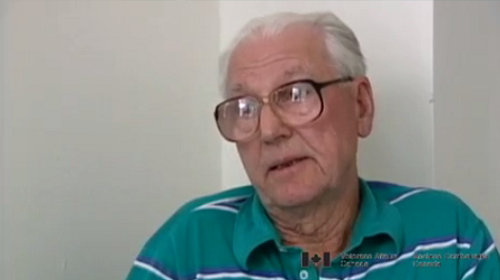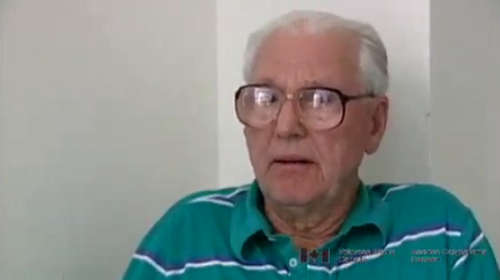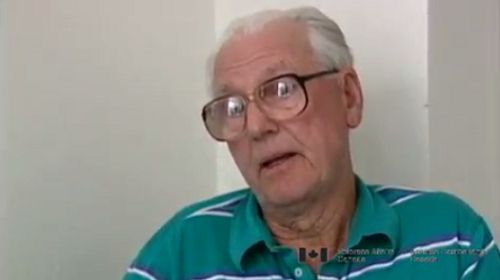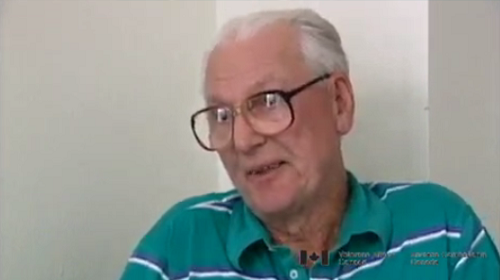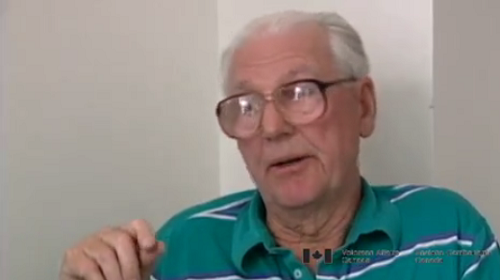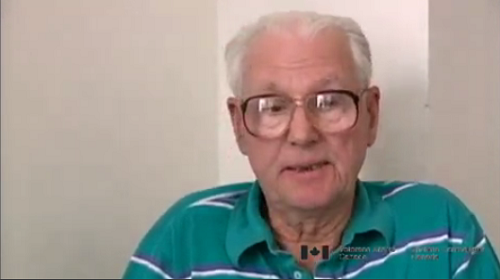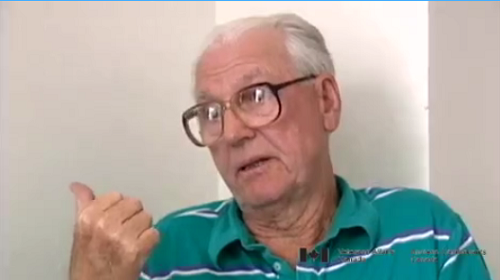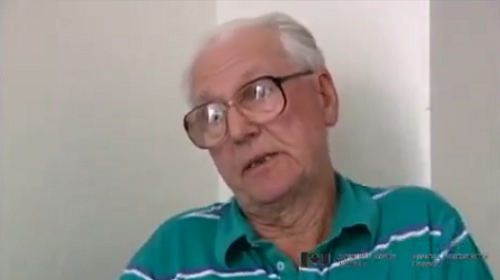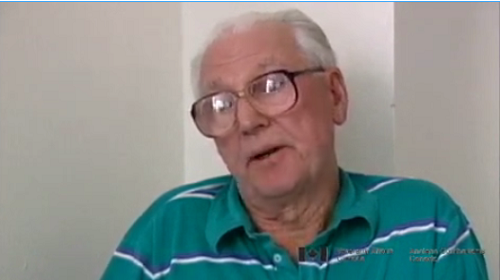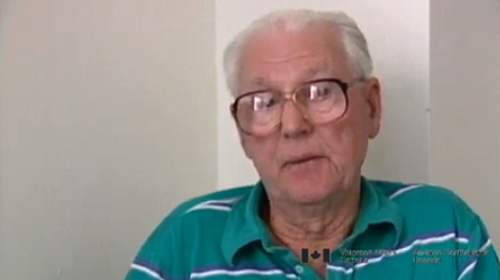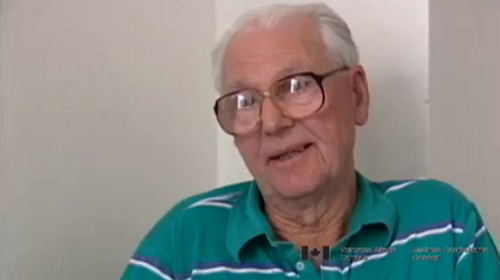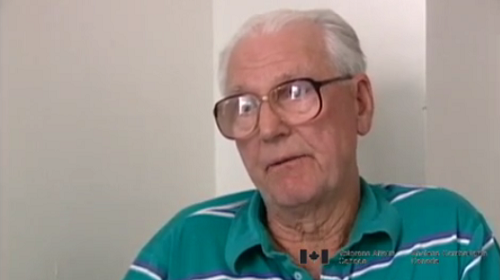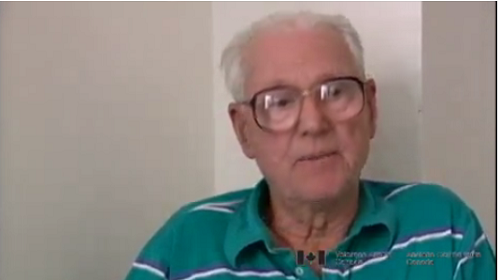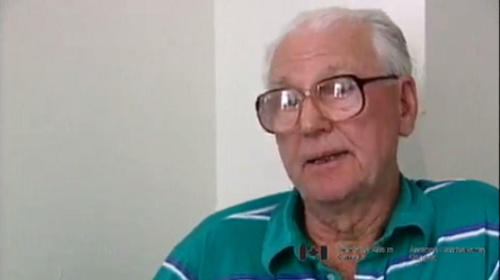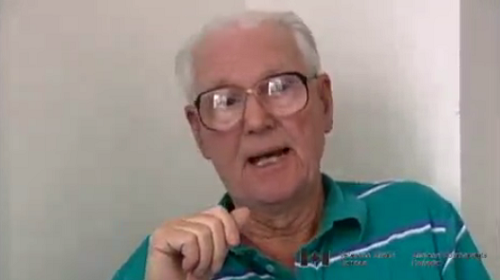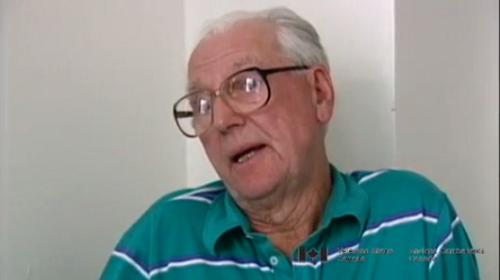Hidden First Aid Supplies
Heroes Remember
Hidden First Aid Supplies
Transcript
Description
Mr. Gerrard describes an American bombardment which injures several internees and the fact that there was nothing available with which to treat their wounds. After the camp is liberated, a horde of first aid supplies is found in a locked building.
Horace Gerrard
Although born in England on January 19, 1922, Mr. Gerrard's family emigrated to Red Deer, Alberta where his father died when he was six years old. Once he was old enough, he hunted game to help feed his family as well as cutting wood for heat. Mr. Gerrard left school after grade nine, working at odd jobs. He joined the 78th Field Battery as a reserve when he was sixteen. He later joined the permanent force in 1939 with the 5th Heavy Battery. Eventually Mr. Gerrard joined the Royal Canadian Corps of Signals, with whom he served in Hong Kong. He worked with both British and Canadian battalions during the Battle of Hong Kong, before being taken prisoner by the Japanese.
Meta Data
- Medium:
- Video
- Owner:
- Veterans Affairs Canada
- Duration:
- 2:06
- Person Interviewed:
- Horace Gerrard
- War, Conflict or Mission:
- Second World War
- Location/Theatre:
- Japan
- Battle/Campaign:
- Hong Kong
- Branch:
- Army
- Units/Ship:
- Royal Canadian Signals Corps
- Rank:
- Private
- Occupation:
- Signalman
Related Videos
- Date modified:




